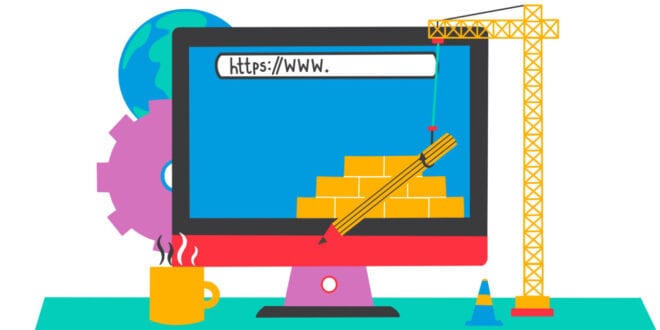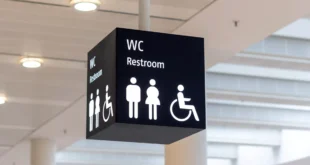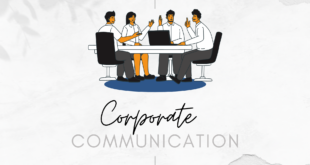It’s a given these days that most businesses should have some kind of online presence. Regardless of which industry your business is based in, being searchable – and findable – online is a prerequisite if you want it to have some level of success.
Thankfully, it’s very easy to get your business seen online. Most notably, a business page on social media can be set up quickly. The advantages of doing this are easy to see. For a start, social media is free. Of course, there are options to promote your page, etc., that will cost, but most businesses can get a good exposure without exploring that option.
Secondly, social media allows you to connect with people in your locality, or to pinpoint people who would be naturally attracted to your business. For instance, if you owned a comic book store, it would be easy to connect with fans of comics on social media.
Other options than social media exist, of course. Restaurants will often get listed on apps like OpenTable or Uber Eats. It’s a no-brainer with many likely to prefer making an online reservation or takeout order rather than ringing the establishment.
Websites give an air of legitimacy
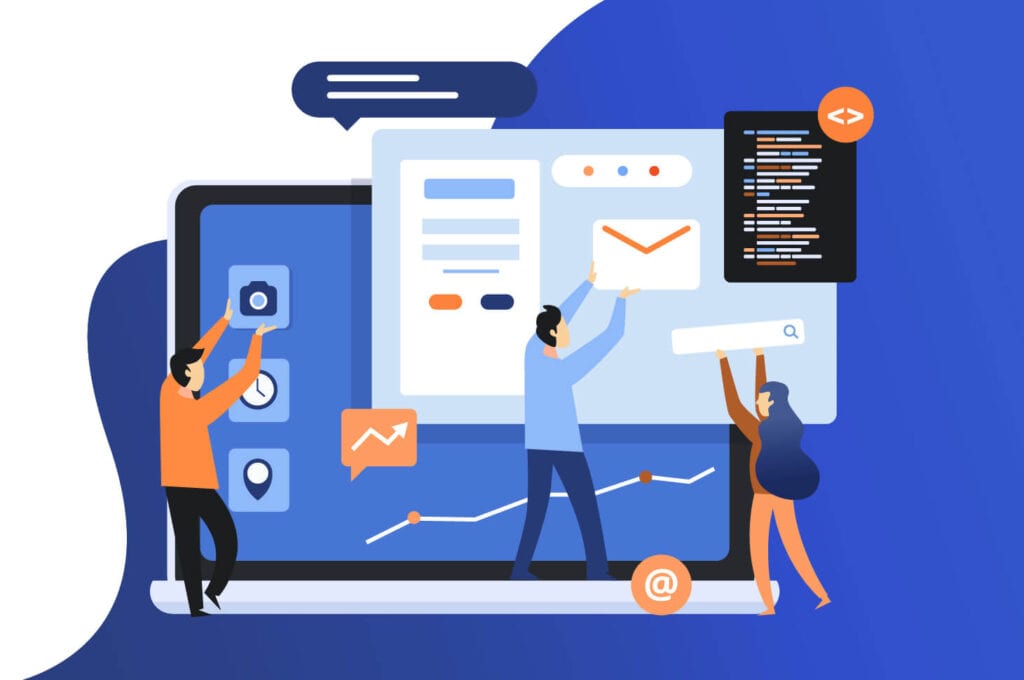
But with these ‘social’ options available for your business, it’s tempting to eschew the traditional method of exposure online – a website. Indeed, we might go as far as to say that a website feels somewhat antiquated in the face of nimble and cost-effective options on social media. It’s for that reason that the number of small businesses with a website only tips 50% in the US 2024. In Canada, the UK and Australia, it’s closer to 40%.
However, there is an agreement among many experts that a website is not only a good idea, but also essential to any business with ambition.
The first benefit that usually crops up in discussions about websites is the legitimacy or credibility that it lends to a business. People are wary of scams on social media, and they will look for signs of legitimacy like addresses, telephone numbers and, of course, a website. Almost every guide to spotting scams on social media suggests you should look at these factors of legitimacy, and having a website lends credence to the fact that your business is trustworthy.
Website builders can be cost-effective
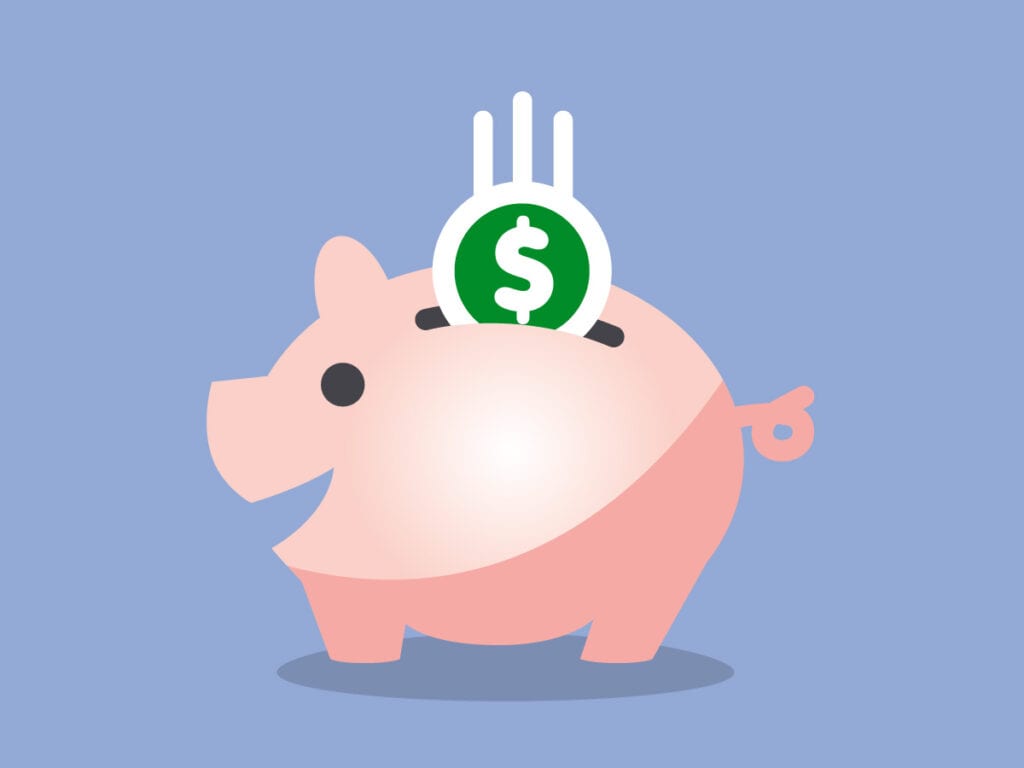
There is also the claim that having a website gives your business a sense of professionalism and prestige. Again, when compared to having a slapdash social media page, customers recognize that time, money, and effort will have gone into building a site for your business. The irony is that it’s very easy and cost-effective to create your own website these days. If you want to see some of the best options for website builders compared and rated, try these out to see which match your expectations and budget.
It should go without saying that a website helps build your brand. There is a rigidness with social media in terms of design that does not apply to your own website. You have really got a blank canvass to customize the site to fit your brand, and that helps your business stand out. More importantly, it can help boost sales.
Talking of sales, a website can generate leads. But it is obviously based on the proviso that you get people landing on your website in the first place. Linking into your social media network is one thing, but there are also avenues to explore like search engine optimization (SEO). People will search for “best barbers in downtown Chicago” or “cheap car repairs near Eugene, Oregon”, and having a website gives you the chance to capitalize on those searches.
There is, however, a more important point here; namely, if there is organic traffic to your website, then there is a freedom for your business to operate the way you want it. What we mean by this is that many small companies are beholden to much larger ones. If you consider how restaurants’ profit margins are being squeezed by delivery apps like Uber Eats, or the many horror stories of how Amazon treats sellers on its platform, then it easy to see the sense of being your own master.
As hinted above, a website in and of itself is not the only key to business success. But it does factor in as part of a solution. In a sense, having a business presence online in the 2024s is about creating an ecosystem, of which a website is but one element.
People use the internet like the phone book
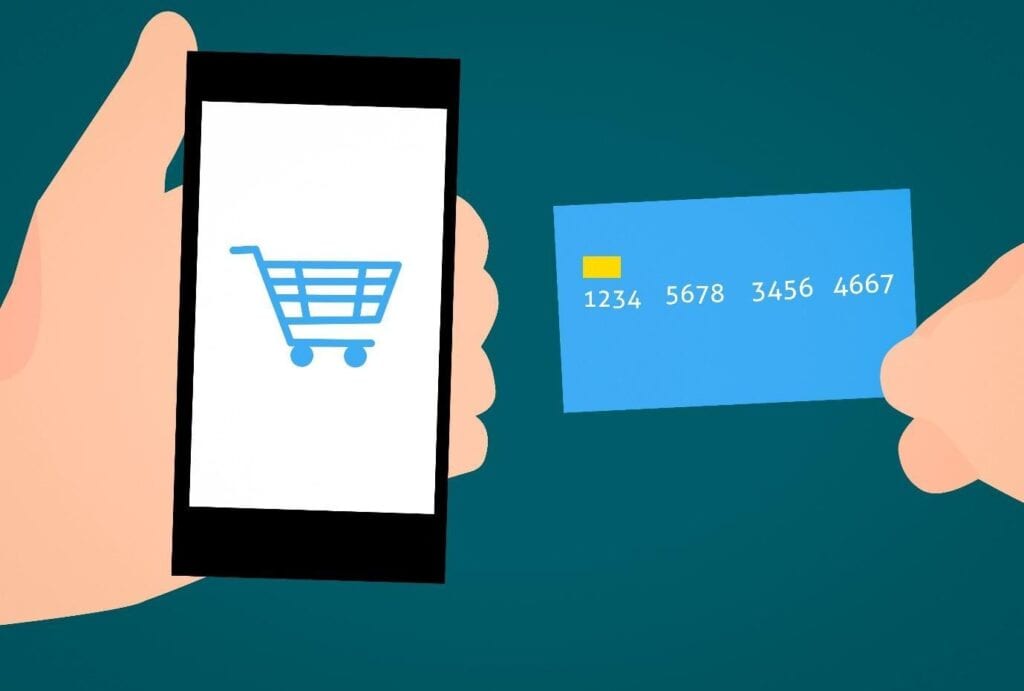
It is, however, a crucial one, and we would argue that it is important for businesses for which a website does not seem necessary. One study suggested that up to 93% (others put it around 80%) of consumers research online before making a purchase, even if that purchase is made in person. Now, some of those figures can be skewed by industry; TripAdvisor, or similar sites, for example, are going to be used by a lot of people before they book a hotel. But many of us naturally look online first before we buy any new product we are not familiar with.
At this point, we should talk a little bit about cost. As you might expect, it will vary depending upon what you want the website to offer. E-commerce functionality, which is essentially a fancy term for having an online store, is the keyword here. In a nutshell, having a website with the functionality of an online store (inventory control, shopping cart, discount codes, etc.,) will likely be a bit more expensive than a simple holding website with an accompanying blog.
A website builder is also going to be a lot less expensive than designing a bespoke website from scratch. The marketplace is very competitive at the moment among website builders, so you can find deals for a few dollars a month for the basic plans. As mentioned above, you will have to pay more – most website-builders have e-commerce plans – if you want to add in extras like shopping carts.
We should also point out that some website builders offer free plans, and it might be something to consider if your budget is ultra-tight. But these are beset with problems, including the fact that they almost always require adverts to be placed on the site. You really lose out on functionality too, and there are also restrictions with your branding. Paying a few dollars per month with a paid plan – the price of a cup of coffee – is enough to bypass these issues.
In the end, the cost should be relative to your business goals and its scope for growth. But those decisions come after the fundamental one of launching a website in the first place. And, that’s something every business should at least consider.
 Imagup General Magazine 2024
Imagup General Magazine 2024
